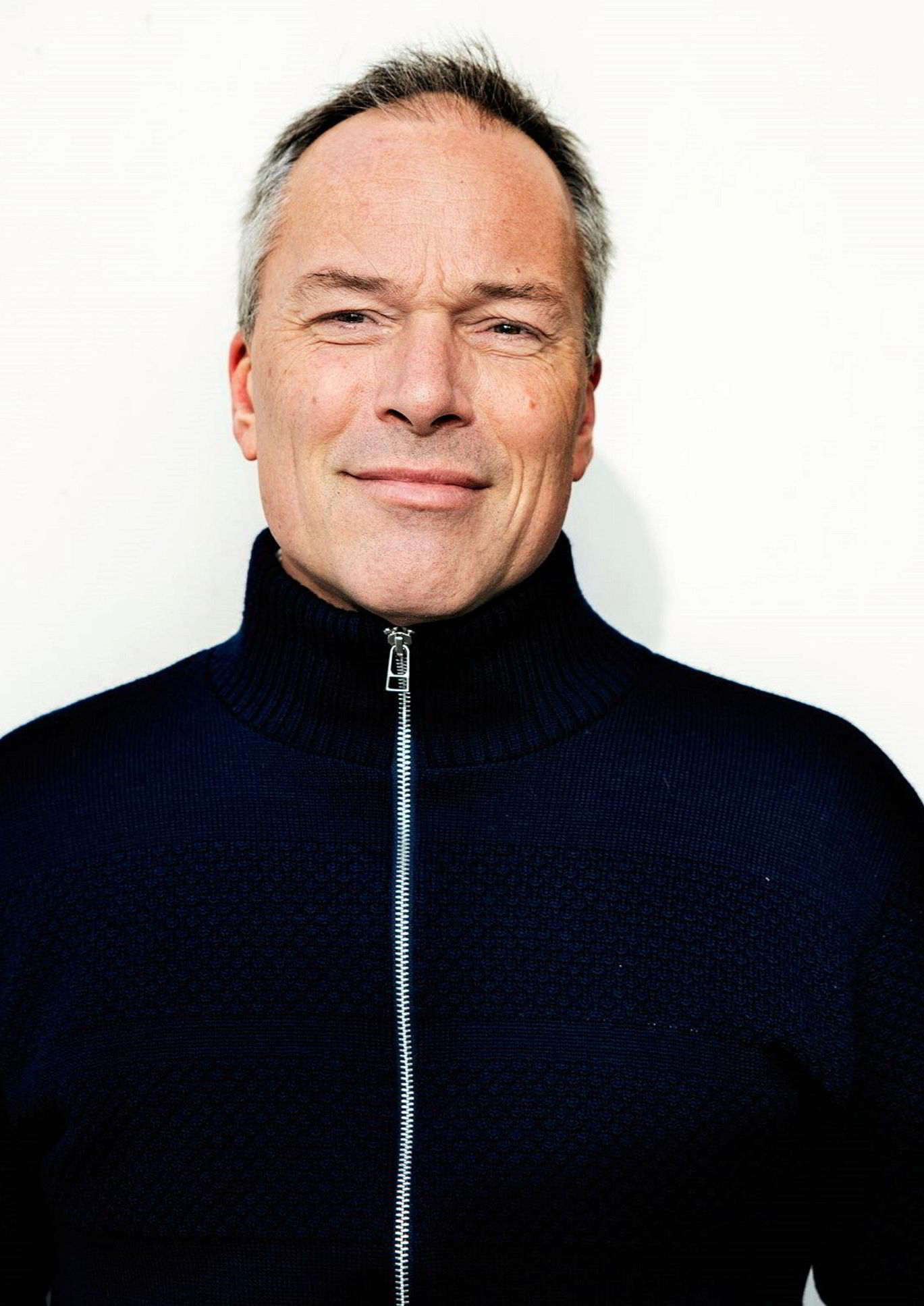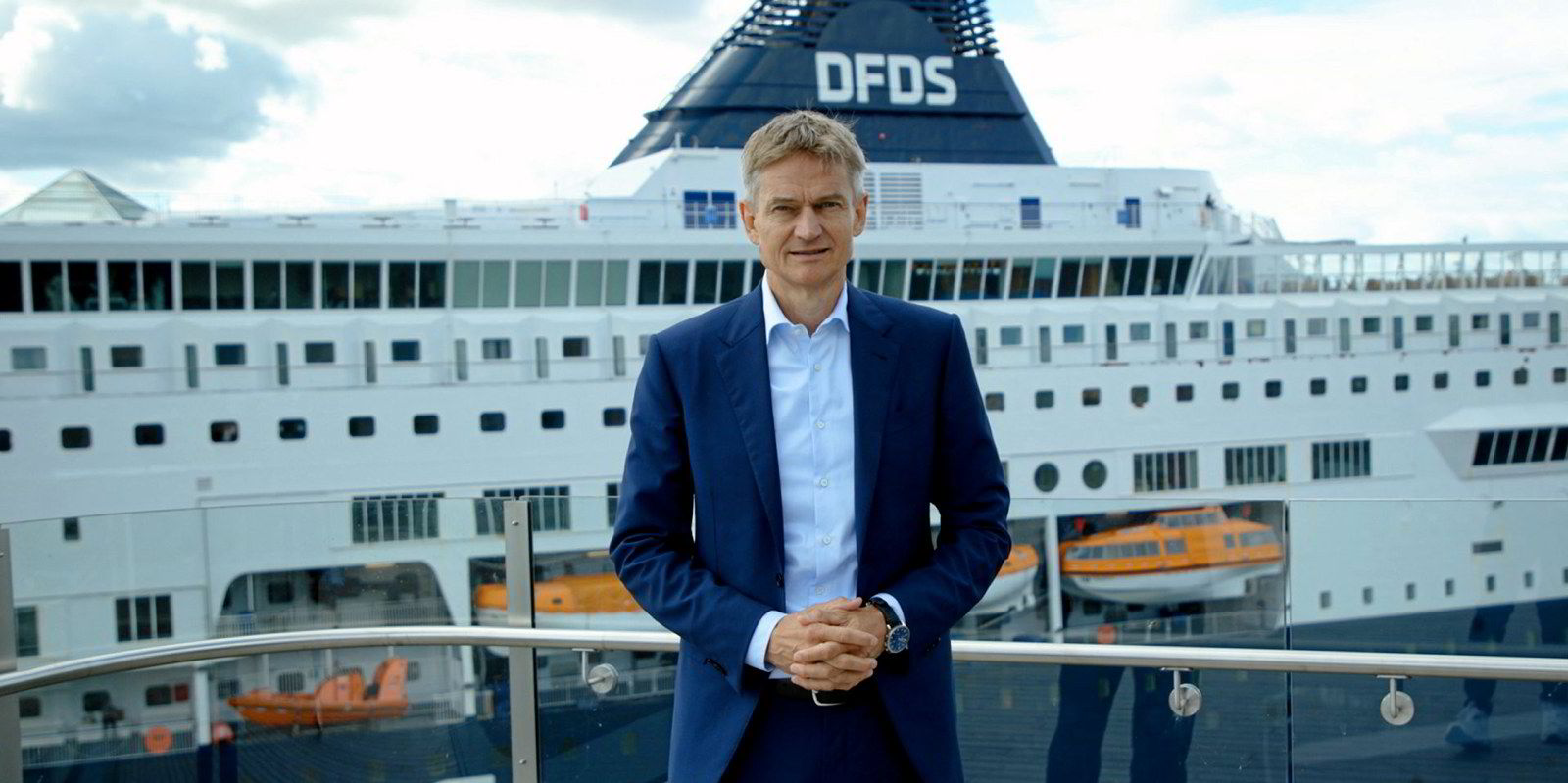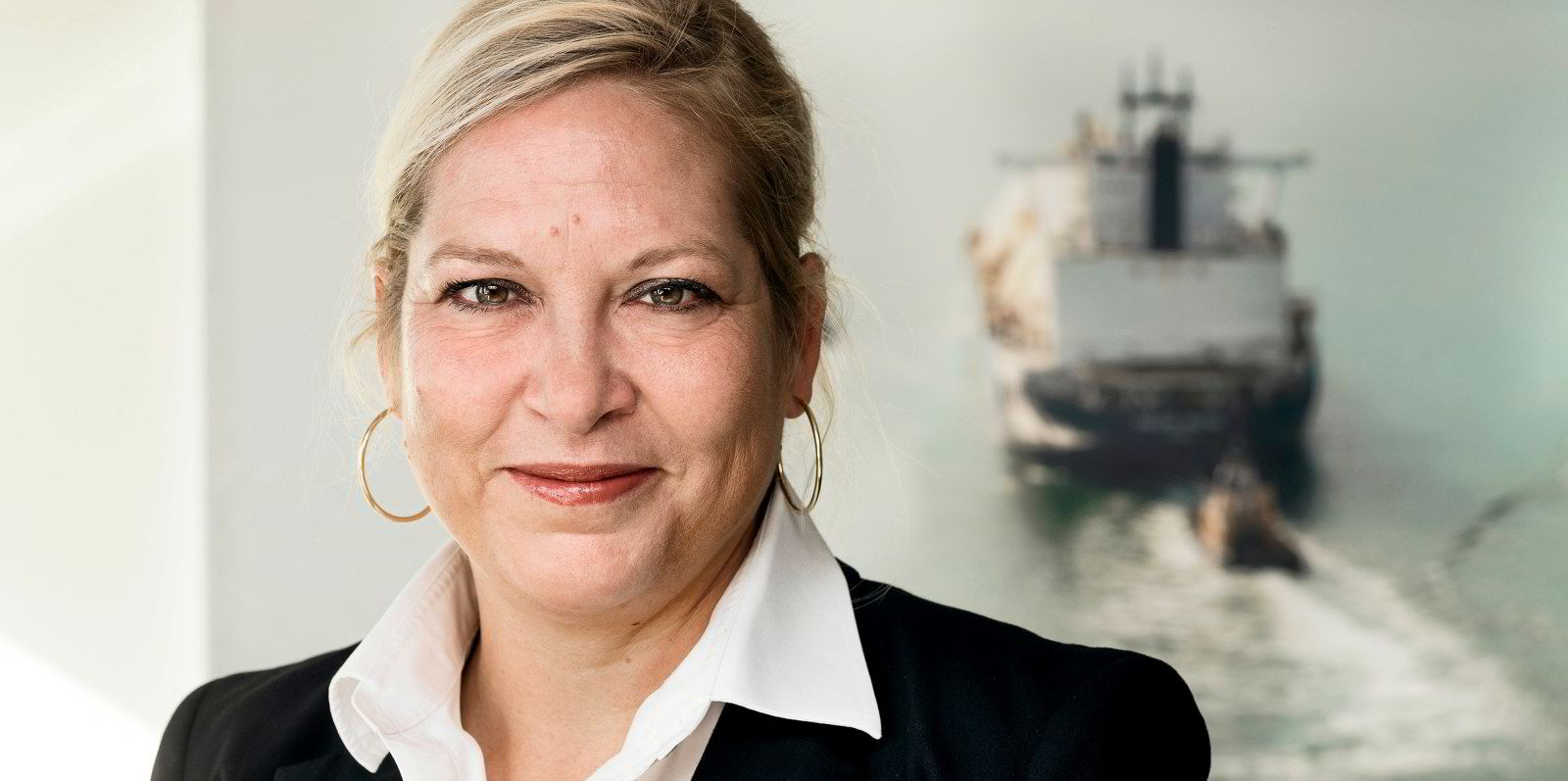Major Danish ferry operator DFDS is pledging to build all-electric vessels from now on with generators running on green fuels that can be swapped out as technologies develop.
DFDS director, innovation lead Jakob Steffensen said the group is becoming more comfortable with the availability of clean propulsion technologies and fuels, but concerned about the price gap between fossil and green fuels while talking in a webinar organised by sustainable NGO Transport & Environment (T&E).
“It looks like all our future ships will be electrical vessels. Instead of having a big main engine we will have electric motor powering the ship with big batteries, and generators producing the electricity we need onboard the ship,” he said.
The generators will most likely be run initially on green methanol or ammonia, and a modular design will allow them to be taken out later and replaced with more advanced fuel cell technologies as they become available.
“That way the ships become circular, and we can make sure they remain efficient throughout their lifespan,” he said. “It is more expensive, but it opens up a lot of [green fuel] opportunities.”
Earlier this month DFDS joined a partnership with Liquid Wind, Stena Line and Gothenburg Port to significantly increase the production of e-methanol.
However, Steffensen added the biggest issue is the cost of green fuels, and the price gap between them and fossil fuels during the webinar to discuss how the Fit for 55 package, FuelEU Maritime and bringing shipping into EU Emissions Trading System (ETS) can bring about decarbonisation.

Steffensen added that trying to use EU funds, such as the Innovation Fund, was too complicated and had so far defeated DFDS’ efforts to take advantage of them.
During the webinar a spokeswoman for the European Commission said ministers had agreed a negotiating position for the Fit for 55 proposals within the trilogue discussions with the EC and European parliament. The parliament still has to adopt its position.
But she added: “We hope the negotiation on all the proposals will lead to an agreement this year before COP27 [the next UN climate change talks being held in November in Egypt].” She also stressed that Europe continues to look for global agreement through the International Maritime Organization.

T&E sustainable shipping policy officer Delphine Gozillon reiterated the group’s belief that early Fit for 55 targets need to be strengthened as currently they do not achieve enough before 2030.
They leave 90% of decarbonisation effort to be achieved in the 10 years before the zero-emission target of 2050, she claimed.
“We recommend raising the greenhouse gas [cut] targets for the first period so there is a quick uptake of sustainable fuels, and we need a dedicated sub-target for e-fuel use in shipping of at least 6% of total maritime demand applying both to ships and fuel suppliers,” she said.
The cost for consumers of T&E’s more ambitious Fit for 55 proposals would be as low as €0.01 on a pair of trainers, Gozillon added.
ABB Marine & Ports global R&D product manager, marine fuel cells, Arber Haxhiu said the group was working on scaling up the power of hydrogen fuel cell systems, including a project for a 3MW system with partner Ballard Power Systems and another to provide a multi-megawatt unit for an onboard DC electrical grid on an offshore vessel.





